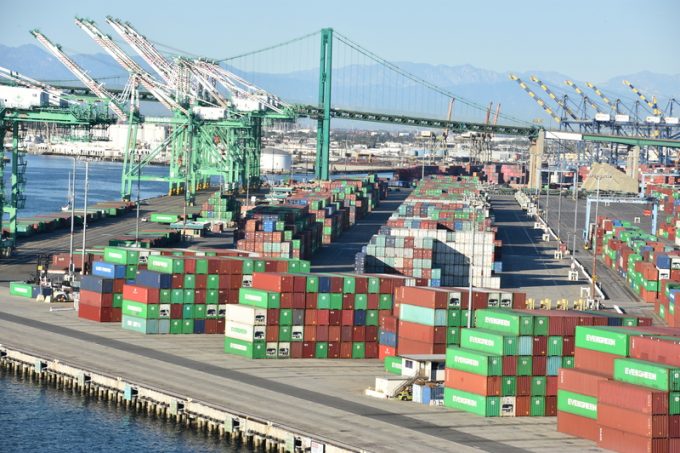Making landfall: Antwerp-Bruges H1 25 box volumes tell a congested story
…and don’t forget Rotterdam

To nobody’s surprise, the spectre of late dwell charges on containers at the prime US port complex receded yet another week yesterday, as the port authorities of Los Angeles and Long Beach deferred a decision until 27 December.
However, the port of LA raised the spectre ...

Comment on this article